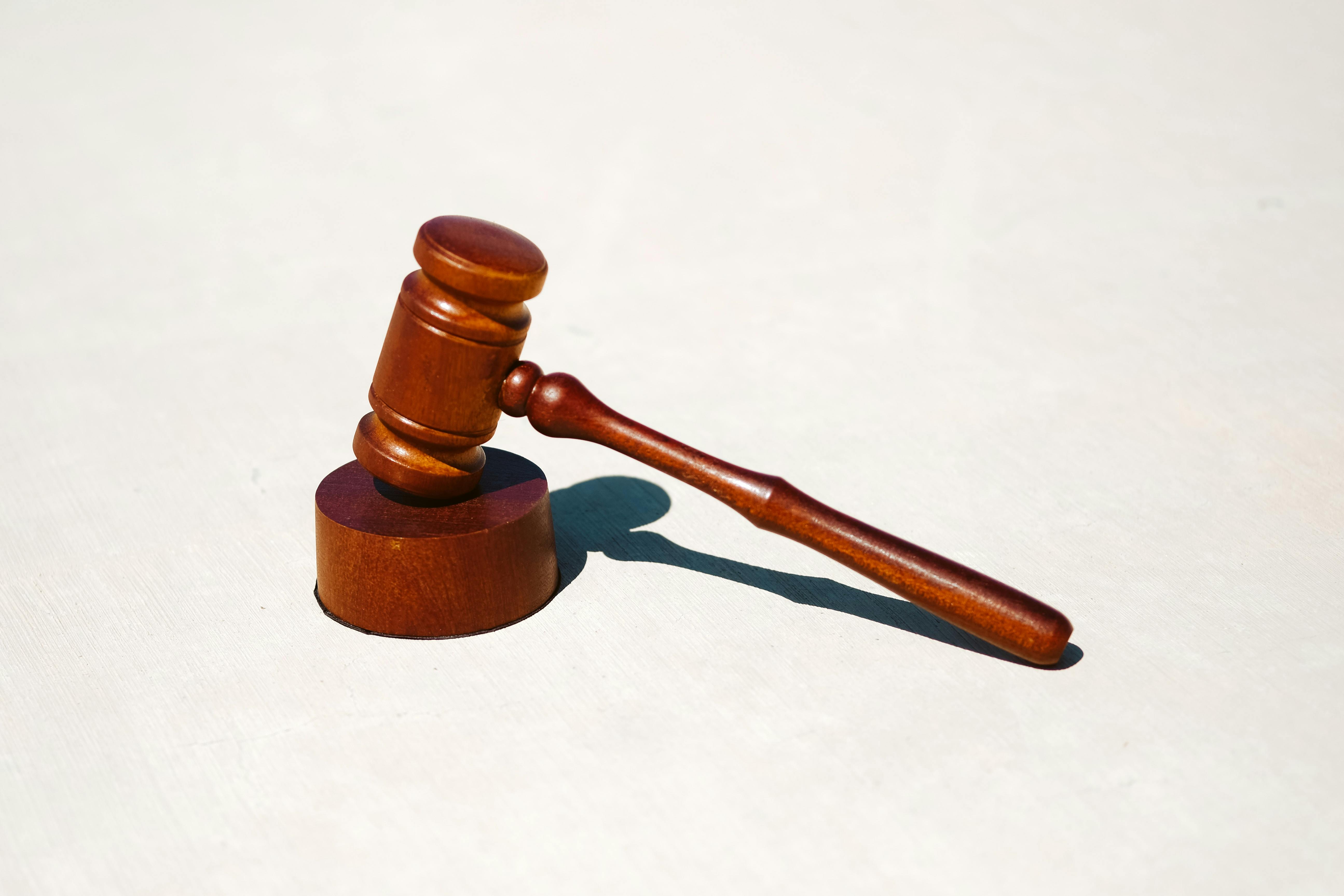
Everything you need to know about buying and selling properties at auction
Is it really like Homes Under the Hammer? Read on to find out...

Property auctions may invoke memories of TV shows where people buy a derelict house for £1,000, only to find it’s even worse than they thought.
However, for most properties, that’s just not the case. Selling or buying a property at auction can be an effective way to sell. It does require some thought and perhaps a slightly different way of thinking to buying or selling a home the more ‘traditional’ way, but it’s often quicker, cheaper and more accessible.
The blog below is split into selling and buying - if you have any questions don’t hesitate to contact us at the end.
Selling your home through an auction
The auction process is fast-moving and takes slightly more preparation, however, after consulting with an expert, it can often feature the benefits of multi-agency, without the high fees.
Ben Nutley (Nested Putney) has worked with auction houses for a number of years. He comments that ‘the main draw for people is that they could complete in 28 days (sometimes even sooner) instead of waiting 3 months plus. Sellers also save on fees and the property sale becomes binding once the 10% deposit is paid, so fall throughs are extremely unlikely.’
He finishes by saying ‘I always tell clients it’s not as dramatic as how you see it on Homes Under the Hammer, it’s more like an eBay auction. Make sure you see the property, do your research and get your funds ready as it’ll likely move fast once the lot goes through.’
First steps
- Find an auction house that has sold similar properties to your own and get a professional valuation so you have a better understanding of how to set your reserve price.
- Setting your reserve price is key. Consult with your estate agent. You ideally want a reserve that will attract buyers but also so you don’t sell your home for less than you deserve.
- Get your viewing schedule sorted so you know when buyers can come for open days or 1:1 viewings.
- Familiarise yourself with the terms and conditions of the auction house i.e. completion deadlines.
Auction Fees
- It’s important to know the costs associated with selling at auction such as entry fees and commission charges which are typically a percentage of the final sale price.
Legalities
- Instruct a solicitor or conveyancer who has experience with auctions to handle the legalities of the sale. This includes the legal pack in which you should have the property details, title deeds, local authority searches, leasehold information (if applicable) and anything else relevant to the potential buyers.
- Financially plan for a successful sale i.e. Capital Gains Tax liabilities or outstanding mortgage balances.
- If the property does not sell, make sure you have considered either relisting it, lowering the reserved price or exploring other options. This is where consulting with your estate agent can be crucial in taking the right steps to get your property sold as quickly as possible and for the best price.

Buying your home through an auction
Benefits
- Think you have to be in person to hear that gavel? Think again. There are many ways to bid - in person, over the phone, by proxy or online. Check with your auction house but most are extremely flexible on how you bid.
- Buying a property offers a considerable amount of benefits, and for a lot of people can be more beneficial than buying the more typical route. One of these is the wide range of properties available.
- These properties are often spread across regions, meaning you can consider the potential for investment properties or more.
- Many of these properties are chain-free and when the gavel comes down, all the necessary documents and deposits can be exchanged on the same evening.
Things to note
- There are different lots depending on Conditional and Unconditional Paid Entry Lots and then Conditional and Unconditional Lots where a reservation fee is required upon the fall of the hammer.
- Because of the speed in which auction houses move, once the gavel comes down you’ll want to have solicitors, deposits and other moving requirements ready.
If you have any questions about buying or selling at auction, please feel free to reach out to us below.